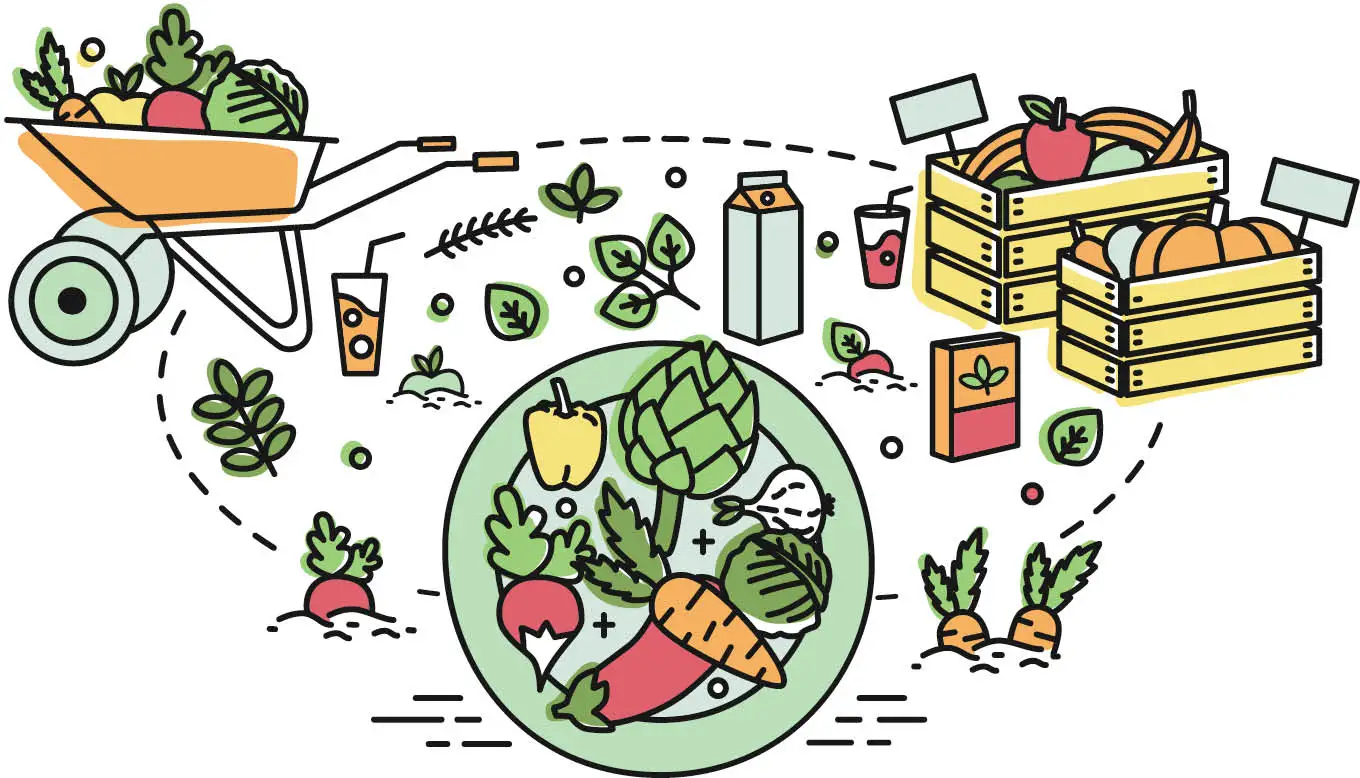
EcoGastronomy shows full picture
It’s EcoGastronomy, a course of study at UNH that has seen growing popularity since its inception more than a decade ago, as everyone seems to be paying more attention not only to what’s on their plates, but how it got there.
The program, a collaboration between Paul College, the College of Life Sciences and Agriculture and the Sustainability Institute, is offered as a dual major to students from any college. It combines gastronomy — preparing and eating good food — with factors that affect that food: social, economic, political and ethical issues associated with food production. There is also an international study component.
Discovery about what “farm to table” can really mean set in during a recent undergraduate class meeting. Students were discussing a documentary they watched about farm workers. One student shared a revelation: “I have more space in my dorm room at college than the places where these farm workers are living, where they have 15 or 16 people crammed into trailers. In America, it’s crazy to see that.”
Other topics include the causes of the Irish potato famine of the mid-1800s and the aftereffects of NAFTA on Mexico’s agricultural system, and then switch to a taste exercise, recognizing sweet, sour, salty, bitter and umami.
If the course sounds a bit broad, it’s designed that way. Dan Winans ’93, senior lecturer and director of the program, explains that the idea started in 2006, when a university-wide committee convened to explore ways to add more sustainable food studies to the UNH curriculum. The first courses launched in 2008.
Students in the capstone course see EcoGastronomy as both an interesting way to study food, and also a key to their career goals.
“This course immediately shows my values in sustainability for the jobs I’m looking for, so that’s perfect for me. I think it’s a unique area to study that turns people’s heads,” says Maddie Beaton ’24, who says her dream job would be to work for a sustainable food company helping to make its investment decisions.
Isabella Hart ’24, whose primary major is art, would love to run a restaurant or some food-based business; right now she’s looking into graphic design work, specifically package design in the food space.
Capstone projects reflect the multiple layers of food studies: Ryan Femino ’24 is creating a food map of Durham’s local eateries; Sydney Barringer ’24 is studying the history of vegetarianism; Ella Norenberg ’26 is focused on creating a communal supper club.
A marketing major, senior Dan Gottschalk’s goal is to find a company that maybe isn’t so sustainable in its practice but is trying to get better. “I want to help a company get the word out through marketing; you realize how disconnected the general population is from food when you take this course. I want to change that.”